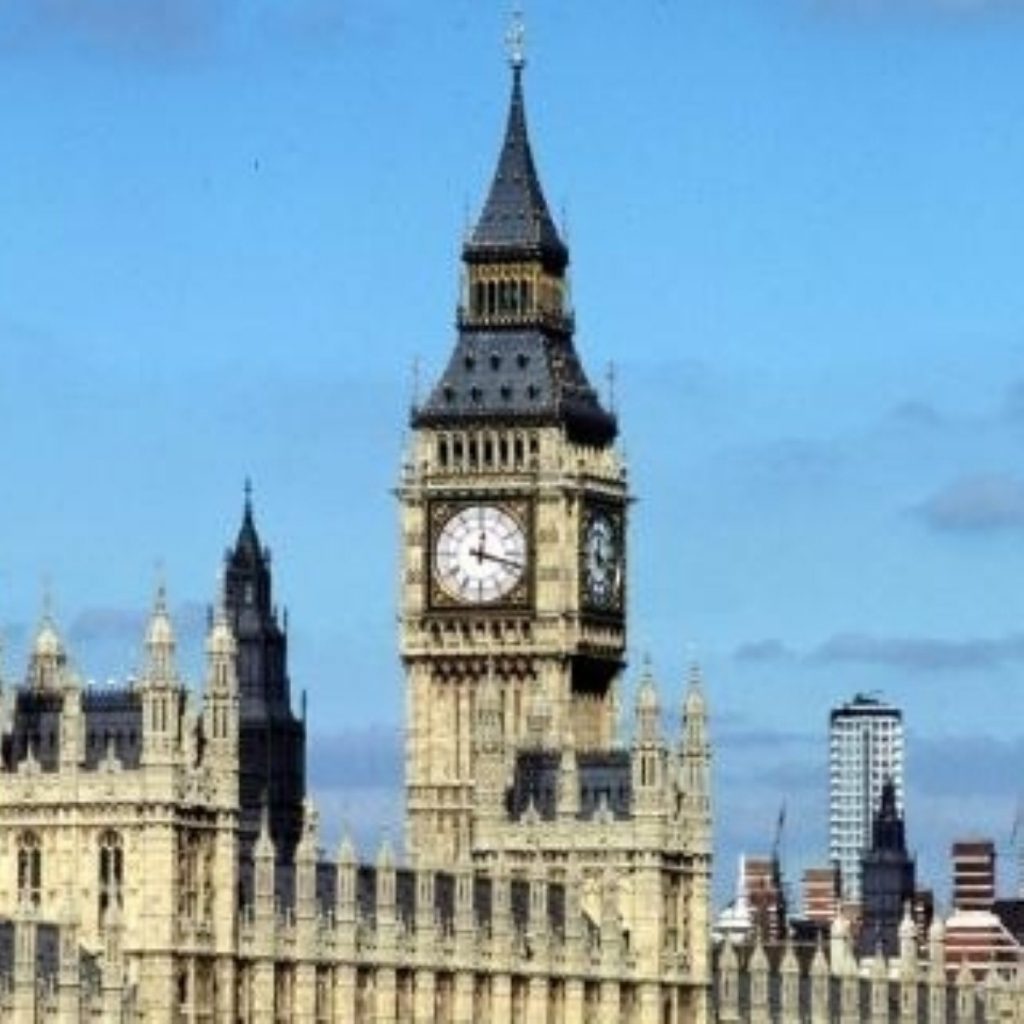Public back elected House of Lords
A wholly elected House of Lords would be backed by public support, a poll suggests.
Nearly two-thirds of the public support a 100 per cent elected second chamber, as was voted for by MPs last week.
The ICM poll found that a quarter of respondents disagreed with MPs’ backing for an elected second chamber.
Peter Facey, director of Unlock Democracy, which commissioned the poll, welcomed the results, claiming that reformers would be emboldened by the public support.


He said: “The public have clearly welcomed the lead given by MPs last week. Only a small minority support the status quo.
“The House of Lords, which is debating second chamber reform this week, have a clear choice: attempt to delay the inevitable, or work with us to ensure that the reformed second chamber is as democratic and as effective as possible.”
The constitutional affairs secretary Lord Falconer opened the Lords debate on reform yesterday, and expressed his own support for a part elected, part appointed second chamber.
It is increasingly thought the Lords will back a hybrid house as a compromise solution, with Lords thought to be unlikely to share MPs’ support for a wholly elected Lords.
While the debate on reforming the House of Lords continues, one Liberal Democrat peer is pushing to speed up the process.
Liberal Democrat peer Lord Avebury will tomorrow introduce a bill to end by-elections for replacing hereditary peers.
He claims that any reform the two houses can agree on will not be enacted before the next election and his bill gives parliament the opportunity to lose one “anomaly” which, he claims, was only ever intended as an interim measure.
Lord Avebury is critical of the practice that replaces a deceased hereditary peer by an election of voters from the former peer’s party.
“This process ensures that the average age of the 92 hereditaries continually rises, and that the replacements are drawn from those who were not seen as useful by their colleagues when the original 92 were selected,” he said.
The bill proposes that after a hereditary peer dies, their number falls by one. Lord Avebury denied this was intended to eliminate hereditary peers but “merely scraps a bizarre procedure”, while parliament debates more comprehensive reforms.









